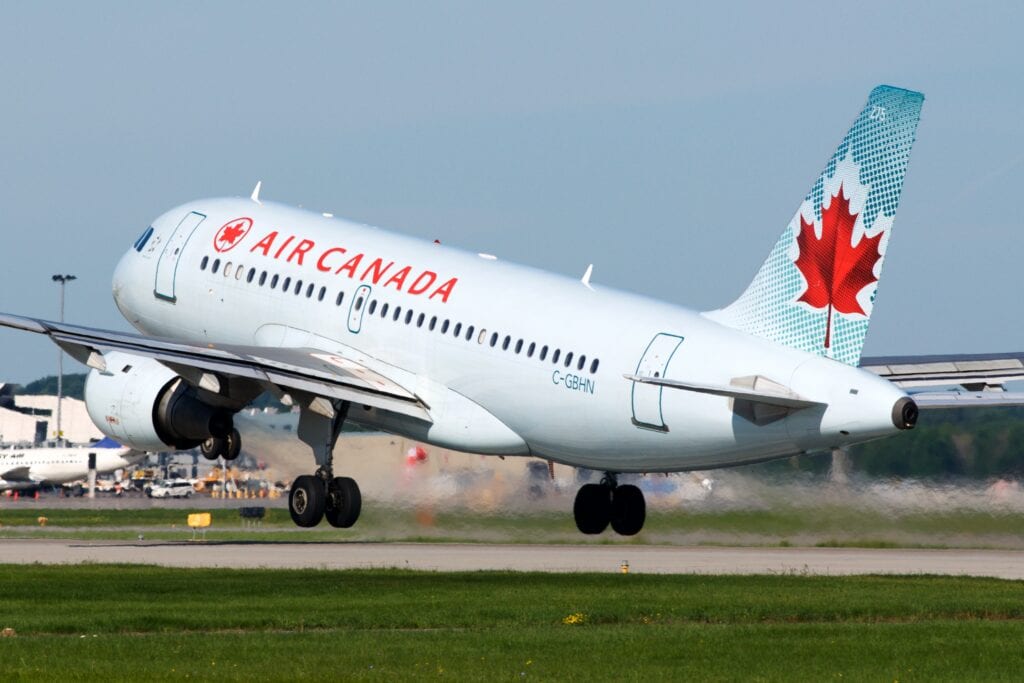In the hopes of flattening the curve, Canada has imposed and extended more COVID-19 travel restrictions. More specifically, non-American residents who wish to enter the country can’t do so until January of next year.
Moreover, restrictions for foreign nationals and U.S. citizens arriving from the United States will remain in place until Dec. 21. According to Patty Hajdu, Canada’s Minister of Health, the country may prolong these limitations if COVID-19 cases continue to rise.
Since March 16, Canada has banned all non-essential travel and foreign nationals from entering the country. However, there are some exceptions. Immediate family members of Canadian citizens, essential workers, international students, and caregivers have been granted access into Canada. As the coronavirus remains a serious threat, Canadian officials are re-evaluating their travel bans every month. Hajdu states that these efforts are intended to keep Canadians healthy, safe, and informed.
Above all else, Hajdu hopes to communicate clear and effective orders and expectations. In her words, monthly updates provide an added level of “certainty for Canadians, the United States, and international travelers.” As Canada continues to monitor the growing pandemic, Theresa Tam, Canada’s CPHO, urges Canadians to abide by the rules that the government has implemented. Otherwise, she fears that the country could be reporting 10,000 coronavirus cases per day.

To date, Canada’s had a total of 373,000 cases, and their death toll is at a little over 12,000. While these figures are unsettling, they’re significantly lower than those of other prominent countries.
Health experts attribute Canada’s success in handling the coronavirus to their quick action and early testing. Canada’s health care system also gave them a distinct advantage. Gerald Evans, a professor of medicine, points out that Canadians have sought more medical attention for COVID-19 because they don’t have to worry about out-of-pocket expenses.
Analysts also maintain that the response from politicians was admirable. Between the funds that they’ve raised for personal protective gear to the partisan grievances they’ve set aside, experts suggest that Canada has demonstrated commendable leadership. However, there have been some flaws in their system. Quebec and Ontario were two provinces that faced substantial outbreaks.
Fortunately, Canadian officials tackled the problem head-on, enlisting soldiers to assist with care facilities. In essence, physicians, frontline workers, and medical staff members claim that Canadians have become “less divided and more disciplined,” allowing the country to fight the virus proactively and efficiently.

